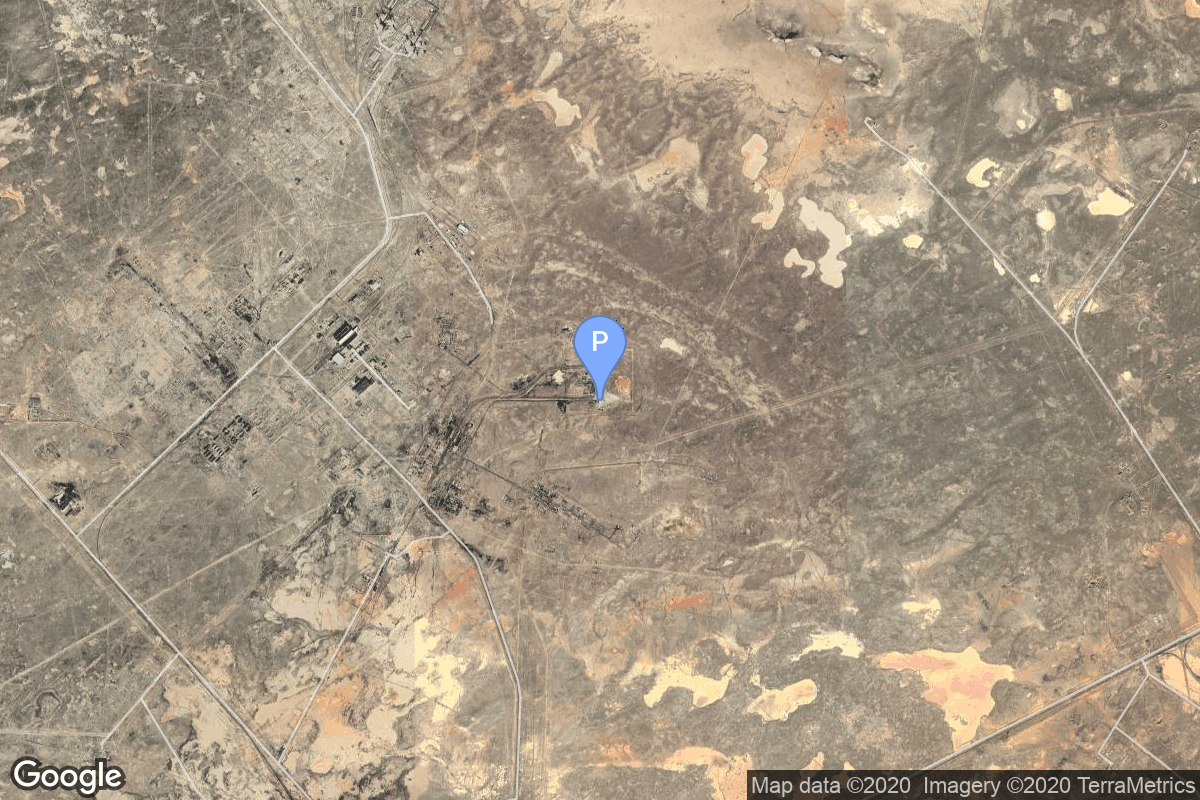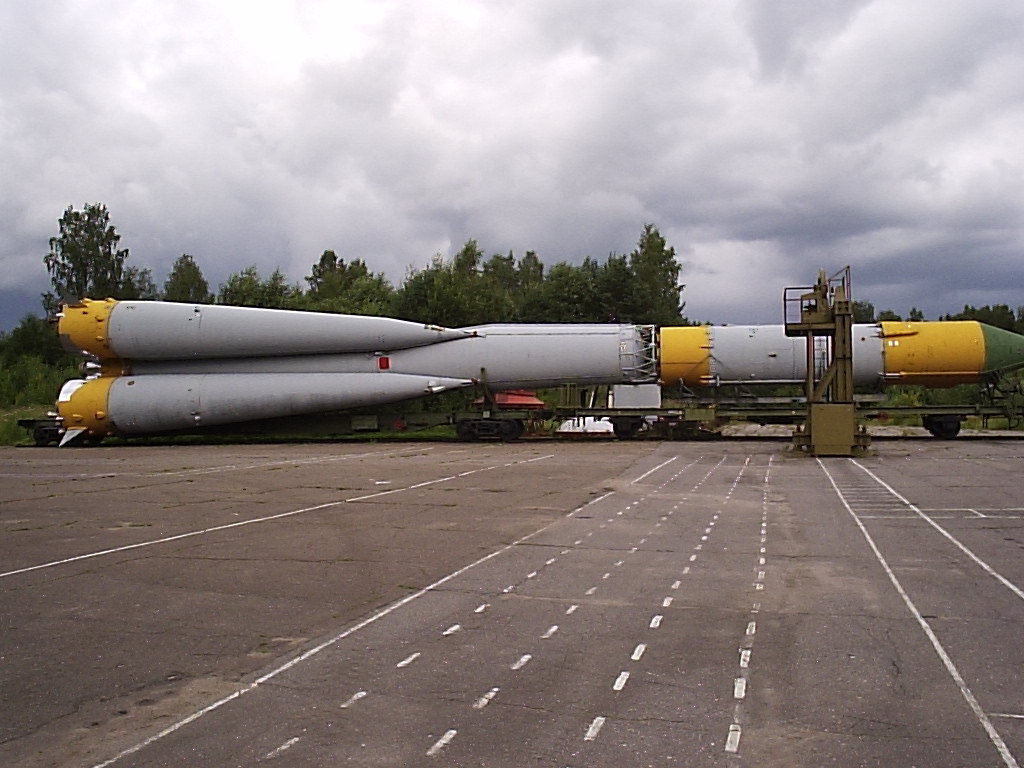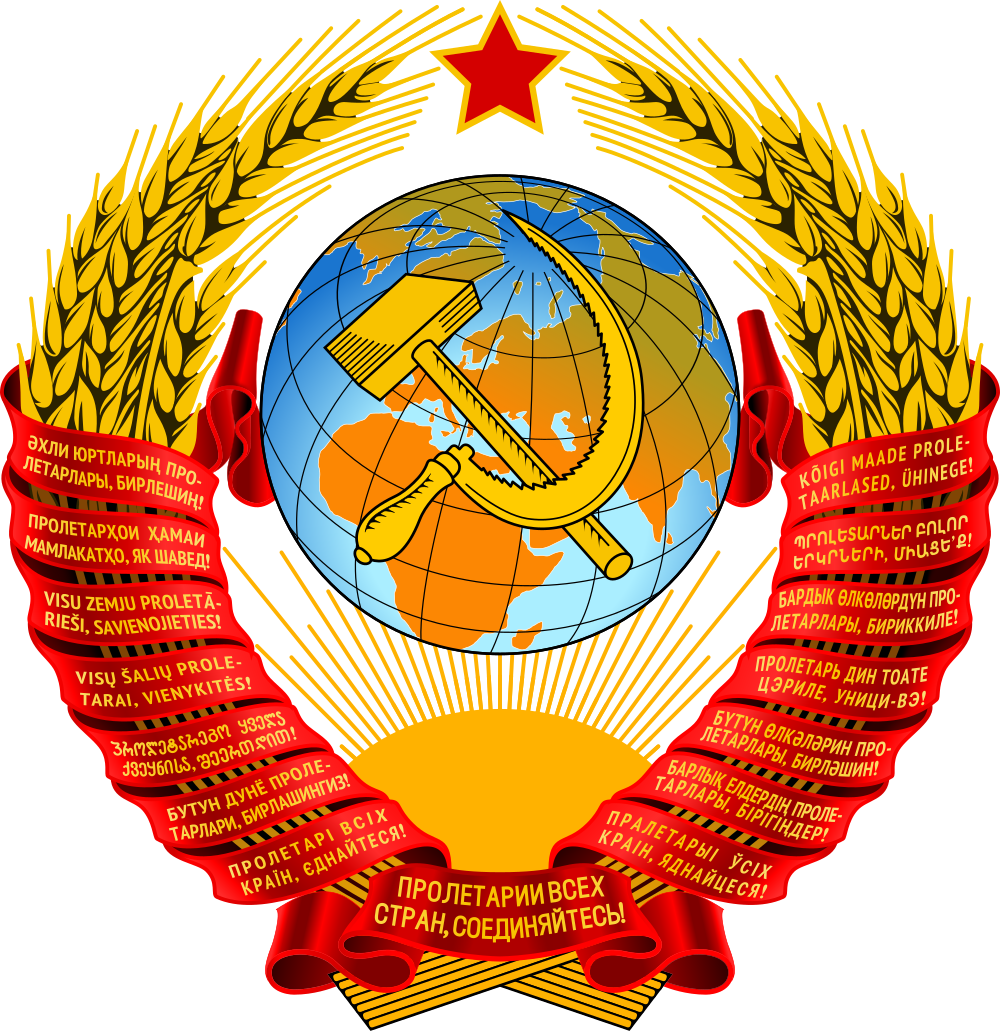Luna-5c
Molniya 8K78
Soviet Space Program
Mission
Luna-5c
- Type: Lunar Exploration
- Orbit: Lunar Orbit
Ye-6 series probe designed to land on the Moon. Failed to leave Earth orbit due to a failure of the power supply in the control system.
Location
Rocket
Strategic Rocket Forces Molniya 8K78
The Molniya was a modification of the well-known R-7 Semyorka rocket and had four stages.
The 8K78 resulted from a crash program by the Korolev Bureau to develop a booster for launching planetary probes. A larger third stage was added along with a fourth stage (Blok L) that was designed to fire in-orbit to send the payload out of LEO. The basic R-7 core was also structurally strengthened and given more powerful engines. A rushed development produced multiple malfunctions of the upper stages, which led to its being replaced by the improved Molniya-M in 1964, but there were enough 8K78s left to continue flying them into 1967.
Agency
Soviet Space Program
The Soviet space program, was the national space program of the Union of Soviet Socialist Republics (USSR) actived from 1930s until disintegration of the Soviet Union in 1991.
The Soviet Union’s space program was mainly based on the cosmonautic exploration of space and the development of the expandable launch vehicles, which had been split between many design bureaus competing against each other. Over its 60-years of history, the Russian program was responsible for a number of pioneering feats and accomplishments in the human space flight, including the first intercontinental ballistic missile (R-7), first satellite (Sputnik 1), first animal in Earth orbit (the dog Laika on Sputnik 2), first human in space and Earth orbit (cosmonaut Yuri Gagarin on Vostok 1), first woman in space and Earth orbit (cosmonaut Valentina Tereshkova on Vostok 6), first spacewalk (cosmonaut Alexei Leonov on Voskhod 2), first Moon impact (Luna 2), first image of the far side of the Moon (Luna 3) and unmanned lunar soft landing (Luna 9), first space rover (Lunokhod 1), first sample of lunar soil automatically extracted and brought to Earth (Luna 16), and first space station (Salyut 1). Further notable records included the first interplanetary probes: Venera 1 and Mars 1 to fly by Venus and Mars, respectively, Venera 3 and Mars 2 to impact the respective planet surface, and Venera 7 and Mars 3 to make soft landings on these planets.


